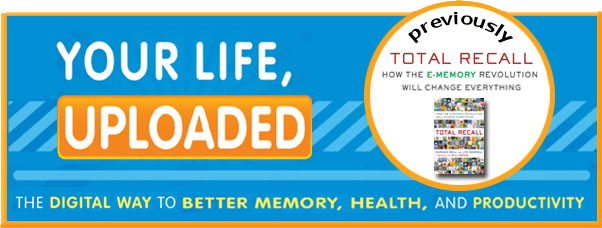This is an effort to preseve the plethora of digital formats for posterity, something we call the "Dear Appy" problem caused by varying media, operating systems, databases, applications, etc. The Reuters article describe the project as:
"SAANEN, Switzerland (Reuters Life!) - In a secret bunker deep in the Swiss Alps, European researchers have deposited a "digital genome" that will provide the blueprint for future generations to read data stored using defunct technology.
...scientists carried a time capsule through a labyrinth of tunnels and five security zones to a vault near the slopes of chic ski resort Gstaad.
The sealed box containing the key to unpick defunct digital formats will be locked away for the next quarter of a century behind a 3-1/2 tonne door strong enough to resist nuclear attack at the data storage facility, known as the Swiss Fort Knox.
"Einstein's notebooks you can take down off the shelf and read them today. Roll forward 50 years and most of Stephen Hawking's notes will likely only be stored digitally and we might not be able to access them all," said the British Library's Adam Farquhar, one of two computer scientists and archivists entrusted with transferring the capsule.
The capsule is the culmination of the four-year "Planets" project, which draws on the expertise of 16 European libraries, archives and research institutions, to preserve the world's digital assets as hardware and software is superseded at a blistering pace.
"The time capsule being deposited inside Swiss Fort Knox contains the digital equivalent of the genetic code of different data formats, a 'digital genome'," said the grey-bearded Farquhar, coordinator of the 15 million-euro ($18.49 million) project."
http://www.reuters.com/article/idUSTRE64H4GE20100519 for the full story.
 Tuesday, May 25, 2010 at 12:47PM
Tuesday, May 25, 2010 at 12:47PM  e-textbook,
e-textbook,  kindle in
kindle in  Learning
Learning 
